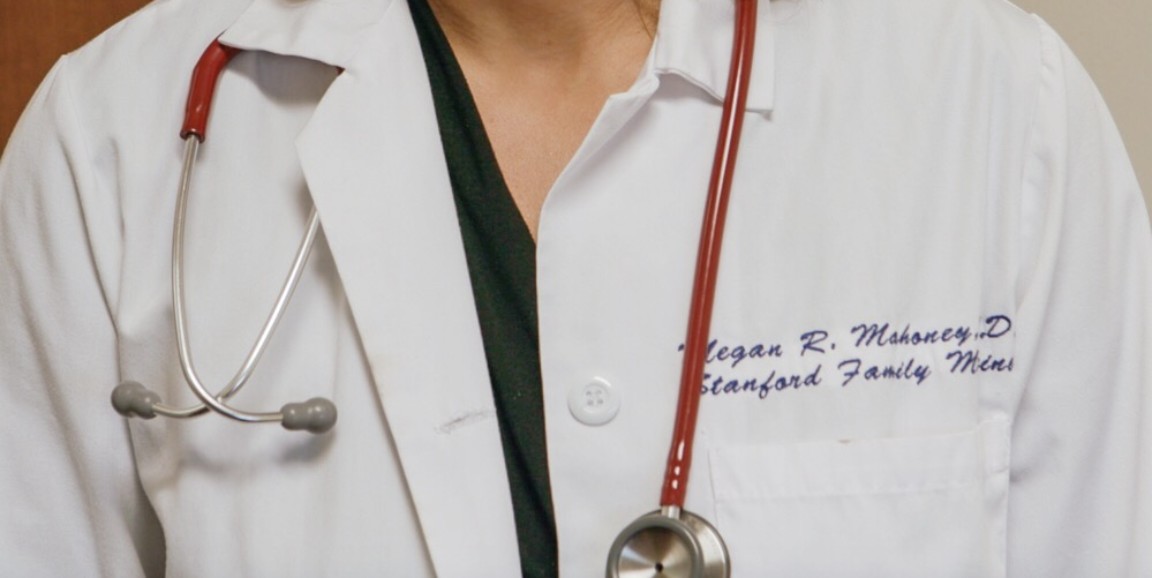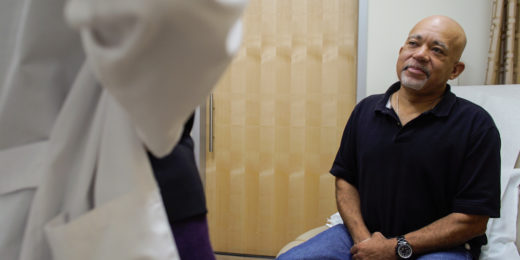At last year's white coat ceremony, as he welcomed Stanford's new class of physicians-in-training, Dean Lloyd Minor, MD, described the excitement of the current climate in medicine.
"Never before have the biomedical sciences had such a convergence of technological progress and the rapidity of innovation," he told the matriculating medical students. "These advances drive our ambitious vision of health care that we've described as Precision Health."
The idea behind Precision Health -- that disease can be predicted and averted based on an individual's health data -- feels a bit like hopeful sci-fi. In reality, though, that vision seems well on its way to being fulfilled.
In Humanwide, a care team partnered with 50 patients over the course of a year to gather detailed information about their health from at-home digital devices, genetic screenings and wellness assessments. The team then used that data to craft individualized plans to help participants meet personal health goals.
The sixth and final video in our Humanwide series documents the early experience of patients and providers who participated in the pilot project.
As Cati Brown-Johnson, PhD, reported in a meeting captured in the video, patients seemed to really like the Humanwide approach. "They loved the primary care one-on-one attention," said Brown-Johnson, a qualitative research scholar at Stanford Medicine. "And it seemed to support patient engagement, self-management and early detection of disease."
Through the pilot, providers identified and started treatment for several previously overlooked health concerns in participants -- conditions, such as hypertension, prediabetes, high breast cancer risk and medication allergies.
In the video, five of the patients -- each featured in earlier episodes of the series -- talk about what the Humanwide experience meant for them.
Eugene Celis, whose at-home blood pressure readings led to a hypertension diagnosis, said the real-time health data was motivating: "It helps me improve how I deal with my lifestyle, how I eat and my diet and basically my personal health."
Debbie Spaizman, who learned she had an allergy to a narcotic pain reliever, said she was glad to have the opportunity to learn about her body's interactions with different drugs through Humanwide's pharmacogenomic screening.
And Michael Cotton, a kidney transplant recipient, said the pilot changed the way he viewed his health: "To be aware of my blood pressure, to be aware of my kidney function, to be aware of my blood glucose, to be aware of my weight; all that is turning into a lifestyle instead of just a trip to the doctor."
The video series concludes with optimistic words from Megan Mahoney, MD. As Stanford Medicine's chief of general primary care, she was the lead on the Humanwide pilot.
"Care teams are now enabled to provide more proactive, precise and personalized care more than they ever have been before," she said. "Humanwide has the potential to be revolutionary."
Photo by Luceo






